Going the Distance With Metastatic Breast Cancer: "Personal Best"
Hormone receptor–positive is the most common breast cancer, accounting for approximately 80% of all cases. Although metastatic HR+/HER2- breast cancer remains incurable, it is increasingly manageable. Expanded treatment options, including targeted agents used in combination with endocrine therapy, are extending the lives of women with metastatic breast cancer, and careful monitoring of biomarkers helps indicate when it is appropriate to change therapies. Increased emphasis on diet and exercise, psychosocial support, and symptom management—especially of bone metastases—contributes to an increased quality of life for women with metastatic disease.
Experts at Dana-Farber Cancer Institute discuss the ways in which treatment of HR+/HER2- metastatic breast cancer is evolving into an individualized approach, and how metastatic breast cancer patients are taking an active role as partners in the research of their disease.
Disclosures:
Harold J. Burstein, MD, PhD, and Elizabeth A. O'Reilly, MSN, MPH, have disclosed no relevant financial relationships. Erica L. Mayer, MD, MPH, received research grant from: Pfizer Inc; Myriad Genetics, Inc. Nikhil Wagle, MD, serve(d) as a director, officer, partner, employee, advisor, consultant, or trustee for: Novartis Pharmaceuticals Corporation. Serve(d) as a speaker or a member of a speakers bureau for: Novartis Pharmaceuticals Corporation; Merck & Co., Inc.; Genentech, Inc. Received income in an amount equal to or greater than $250 from: Novartis Pharmaceuticals Corporation. Equity holder (less than 5%) in: Foundation Medicine.











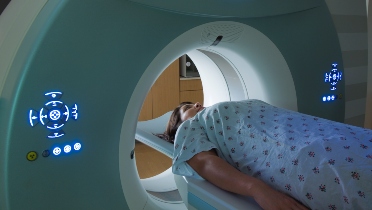

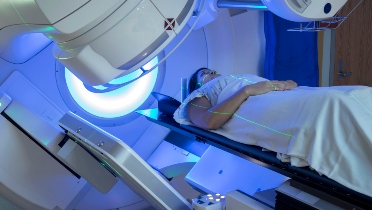

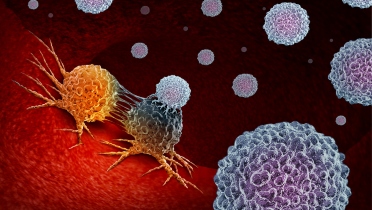

.jpg)
.jpg)
.jpg)
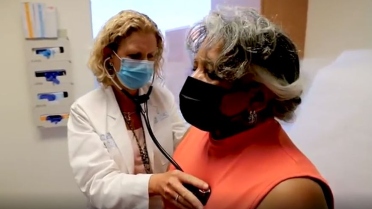


.jpg)
.jpg)
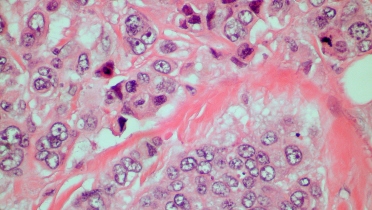
.jpg)

.jpg)

.jpg)
.jpg)
.jpg)

.jpg)
.jpg)
.jpg)

.jpg)
.jpg)
.jpg)

.jpg)
.jpg)
.jpg)

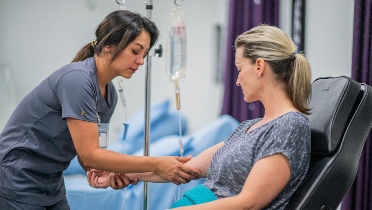
.jpg)
.jpg)
.jpg)
.jpg)
.jpg)

.jpg)
.jpg)
.jpg)
.jpg)
.jpg)
.jpg)
.jpg)
.jpg)
.jpg)




.jpg)
.jpg)
.jpg)

.jpg)
.jpg)
.jpg)
.jpg)
.jpg)
.jpg)

.jpg)
.jpg)
.jpg)
.jpg)
.jpg)
.jpg)
.jpg)


.jpg)


.jpg)

.jpg)
.jpg)
.jpg)
.jpg)
.jpg)
.jpg)
.jpg)
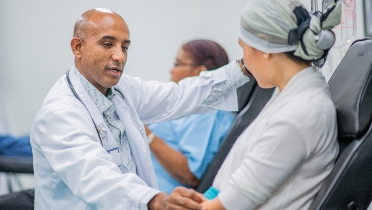
.jpg)
.jpg)

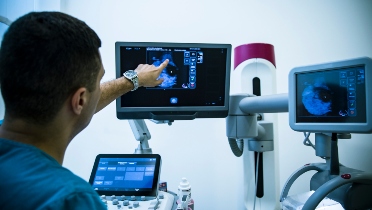
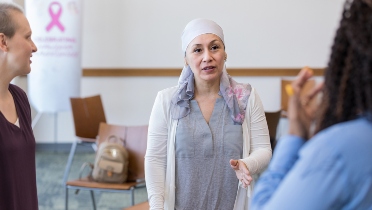
.jpg)
_.jpg)
.jpg)
.jpg)
.jpg)
.jpg)
.jpg)
.jpg)
.jpg)
.jpg)
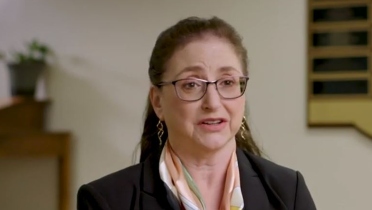

.jpg)
.jpg)
.jpg)
.jpg)
.jpg)
.jpg)
.jpg)
.jpg)

.jpg)
.jpg)
.jpg)
 Featured Breast Cancer Videos
Featured Breast Cancer Videos.jpg)